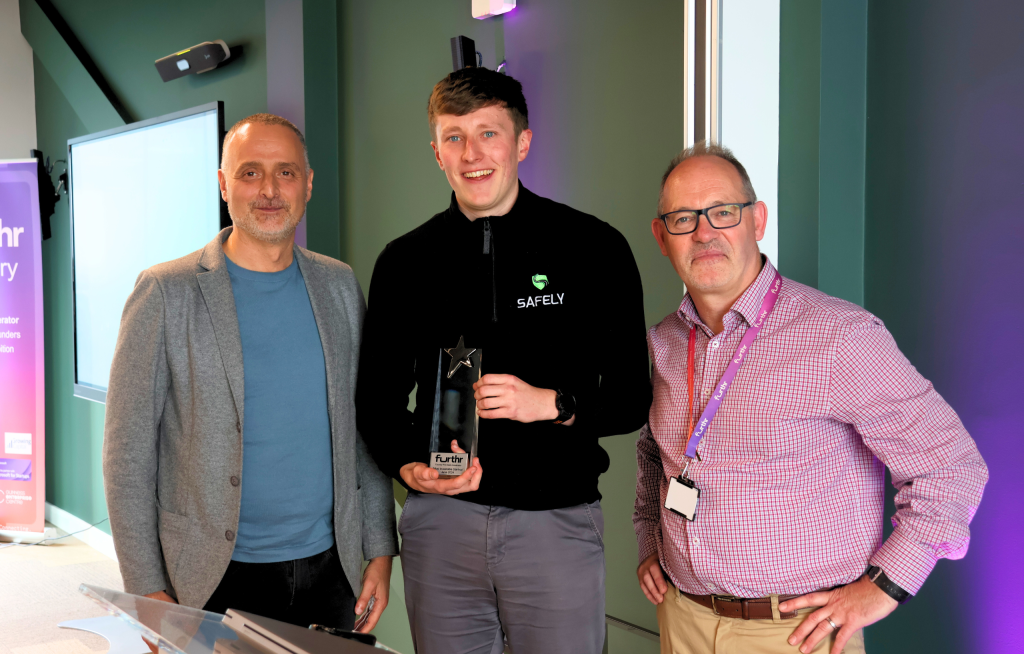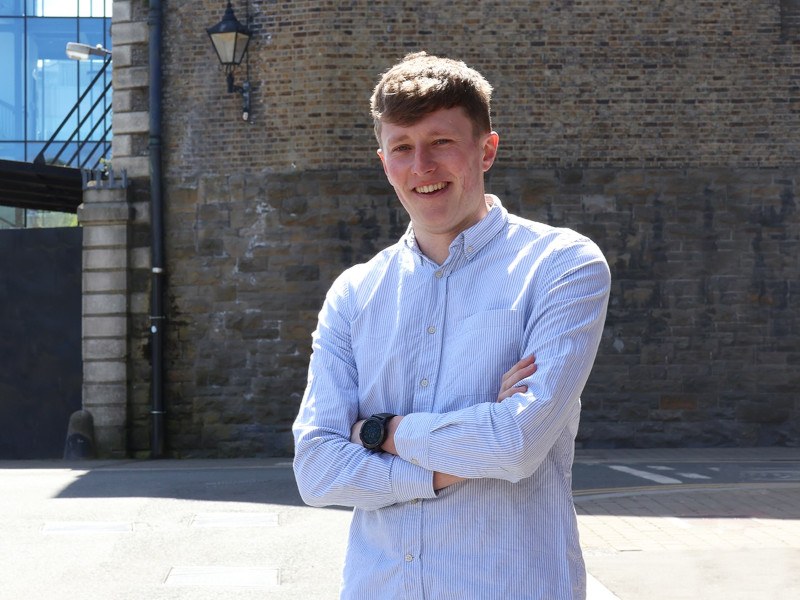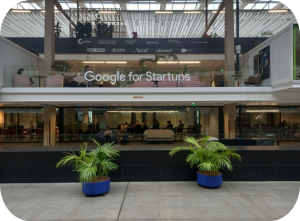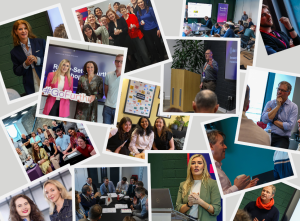Founded earlier this year, Jack Manning’s Safely was declared the Most Investable Start-Up at the Furthr Foundry accelerator finals last month.
This is not the first time Jack Manning is running his own business. At 25, the financial mathematics graduate has already been part of the founding team that set up Mexican restaurant chain Namo, which has grown from two to four (soon to be five) in number since his departure.
But the idea behind his latest endeavour, fleet risk management start-up Safely, can be traced back to his two years working at Transpoco Telematics, one of Ireland’s leading fleet telematics providers, where he recognised fleets were underserved on the safety front.

“Safely is all about creating a world where every driver returns home from work safely, a world with zero fleet incidents,” Manning tells SiliconRepublic.com in a recent interview.
“We are targeting companies with fleets of 30-plus vehicles that are eager to improve the safety of their drivers. [We have] identified opportunities in multiple industry sectors and divisions including utilities, facility management, couriers, food delivery services and travelling sales teams.”
Creating a culture of safe driving
According to Allied Market Research, the global fleet management market was worth nearly $20bn in 2020. This figure is projected to rise to more than $50bn by the end of the decade, marking a compound annual growth rate of more than 10pc.
Safely is developing a suite of applications to improve fleet safety, including an app for drivers, another one for fleet managers, a safety portal for “full control and oversight”, and the so-called Safety Champion app that gives key personnel full control of the programme through their phone.
Manning said that the technology and science behind Safely’s driver safety solution are rooted in a combination of advanced telematics, behavioural psychology and data-driven interventions.
“Safely integrates telematics data from existing telematics service providers and uses advanced analytics and machine learning to identify high-risk drivers. It then employs targeted interventions, rewards and training to address identified risky drivers,” he said.
The idea is to build and deploy a range of tools that begin inserting “a culture of safe driving” into an organisation. These include behavioural change tools, predictive risk and psychometric profiling interventions, and an AI agent for risk prediction and automated tailored interventions.
‘Steep learning curve’
Based in Dublin, Safely launched its minimum viable product earlier this year and is now live with 14 beta customers.
Manning, who studied financial mathematics at Dublin City University and has a professional diploma in fintech from University College Dublin, said that initial results show “significant” crash frequency reductions of more than 50pc, demonstrating Safely’s effectiveness.
Now, he says the company is “on track” with its growth plan and preparing to raise investment to accelerate its international expansion in 2025.
Safely won the Most Investable Start-Up award and a cash prize of €3,000 after completing the Furthr Foundry pre-seed accelerator late last month. The 12-week programme, attended by some of Ireland’s top early-stage investors, saw 10 companies aim to raise a combined $4m in seed funding.
“As a first-time founder, I faced a steep learning curve in balancing product development and outbound sales having never done either previously, as well as not being drawn into all the distractions of starting a business,” Manning says.
“Ensuring the commercial viability of Safely while managing a team to build the necessary solution required significant adaption. Simultaneously, learning to execute effective outbound sales strategies to gain early customers was challenging, but we are getting there.”
Manning is encouraged to see some “real momentum” building in the Irish start-up scene that has played host to several success stories in recent years.
“While Government funding props up this ecosystem at the moment, there does seem to be a shift in culture, particularly in how investors view the Irish start-up scene. Policymakers seem to be recognising the need to see Ireland produce big and successful indigenous companies in order to reduce our vulnerability to multinationals and hence are prioritising or at least improving support to this area.”
By Vish Gain of Silicon Republic.



